EFSA identifies bacteria resistant to the most relevant antibiotics in equine medicine
The European Food Safety Authority (EFSA) has published a report pointing to the most important bacteria resistant to antibiotics in horses in Europe. The evaluation has been carried out following a methodology composed of information collected through an extensive review of the literature and expert opinion.
The Spanish researchers Christian Gortazar Schmidt, professor of the Animal Health Area at the University of Castilla-La Mancha, Miguel Ángel Miranda Chueca, professor at the University of the Balearic Islands, Antonio Velarde, have participated in its preparation, together with different European experts. , head of the Animal Welfare program of the Institute for Agrifood Research and Technology (IRTA) and Julio Álvarez, of the Veterinary Sanitary Surveillance Center (Visavet) of the Complutense University of Madrid.
The report describes the global situation of bacteria resistant to the antibiotics Actinobacillus equuli, Dermatophilus congolensis, Enterococcus spp., Escherichia coli, Klebsiella pneumoniae, Pasteurella spp., Pseudomonas aeruginosa, Rhodococcus equi, Staphylococcus aurecoe subspgalaptocus aureus subspgalaptocus. dysgalactiae / equisimilis and Streptococcus equi subsp. equi and subsp. zooepidemicus.
Among these bacteria, EFSA identified E. coli, Staphylococcus aureus, and R. equi with more than 66% certainty as to the most relevant antimicrobial-resistant bacteria in the European Union, given their importance as causative agents of clinical diseases in horses and clinically relevant levels of antimicrobial resistance. The impact on animal health of these "most relevant" bacteria and their eligibility to be included in the list and categorized within the framework of the animal health law were evaluated in separate scientific opinions.
Assessment of animal diseases caused by bacteria resistant to antimicrobials: Horses. EFSA Journal.


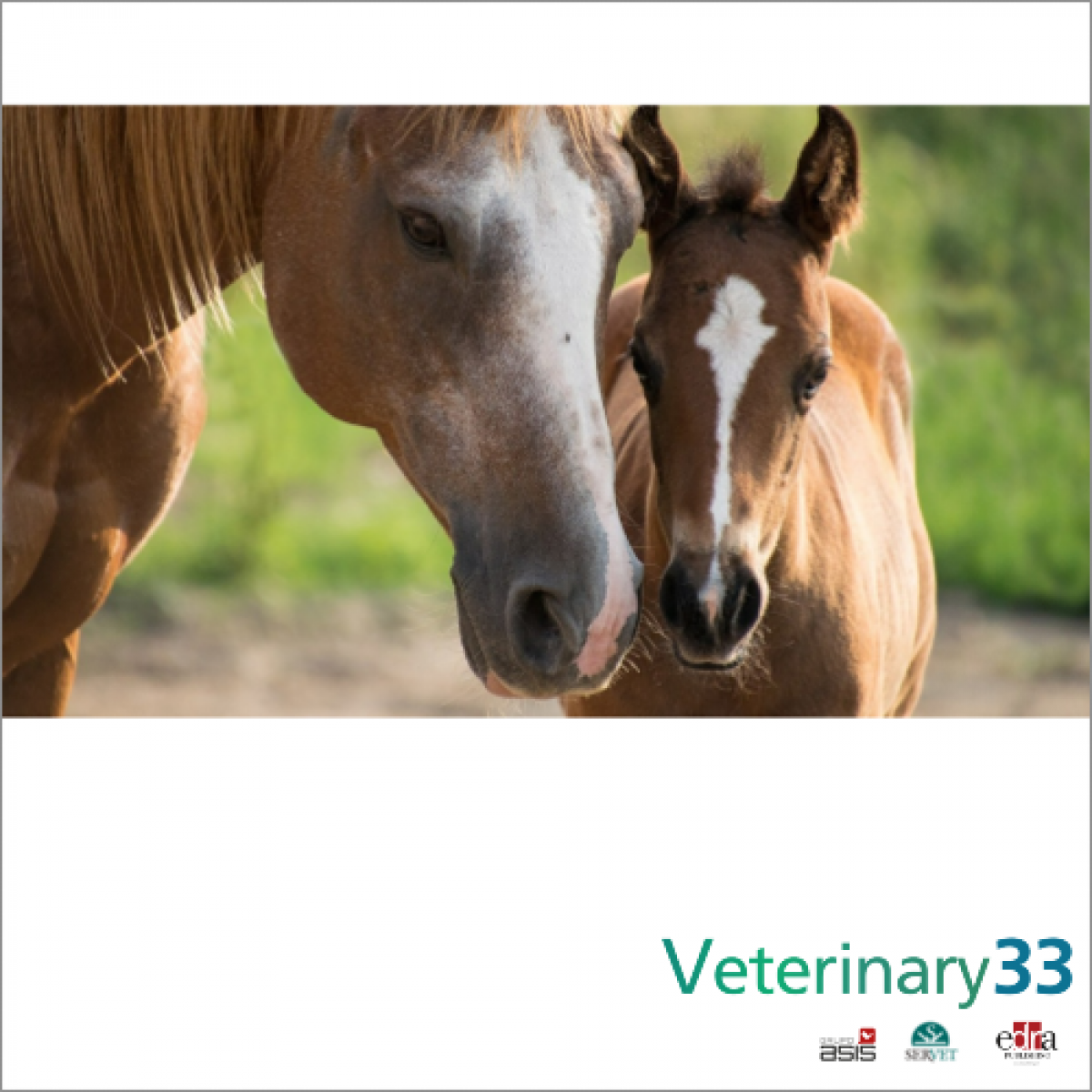

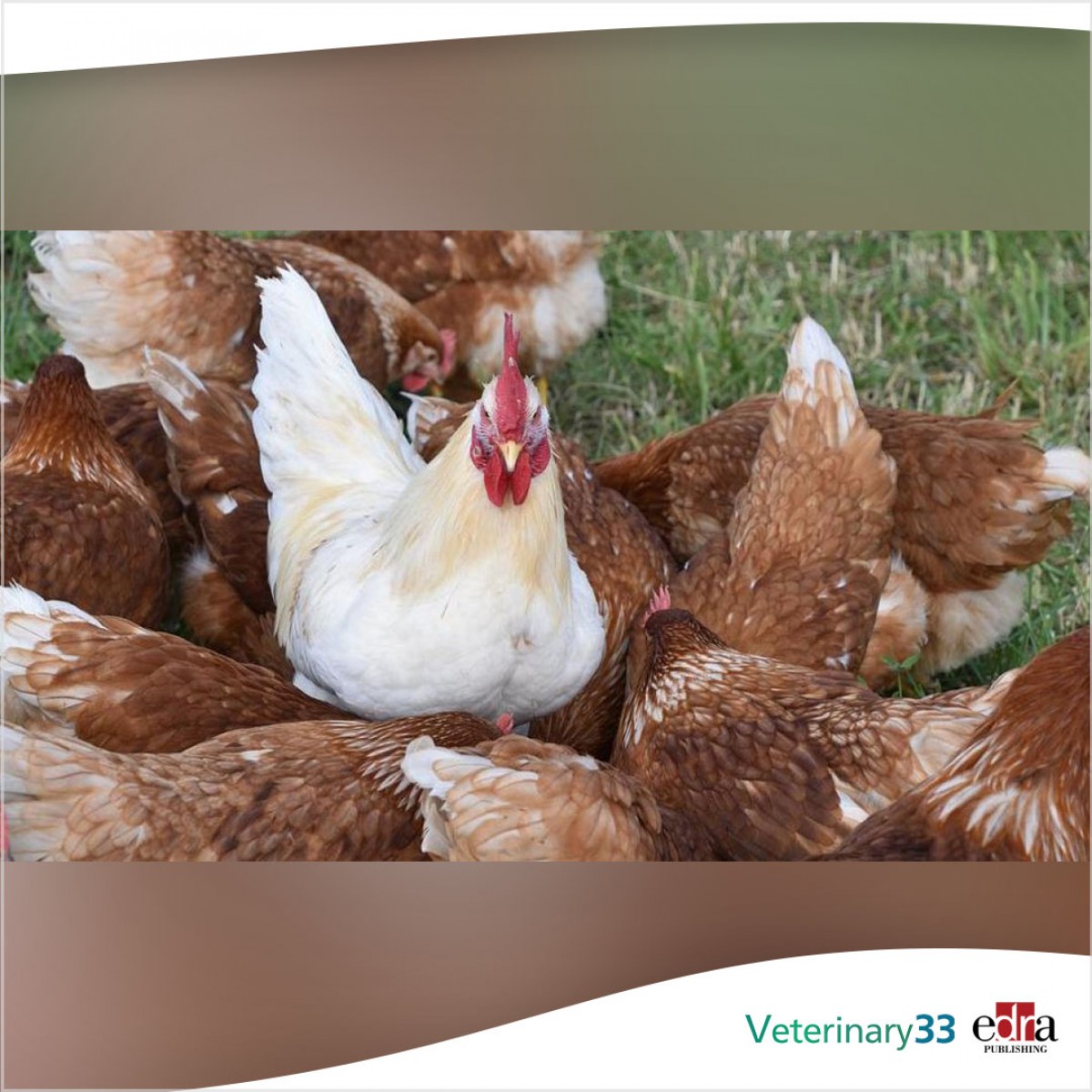
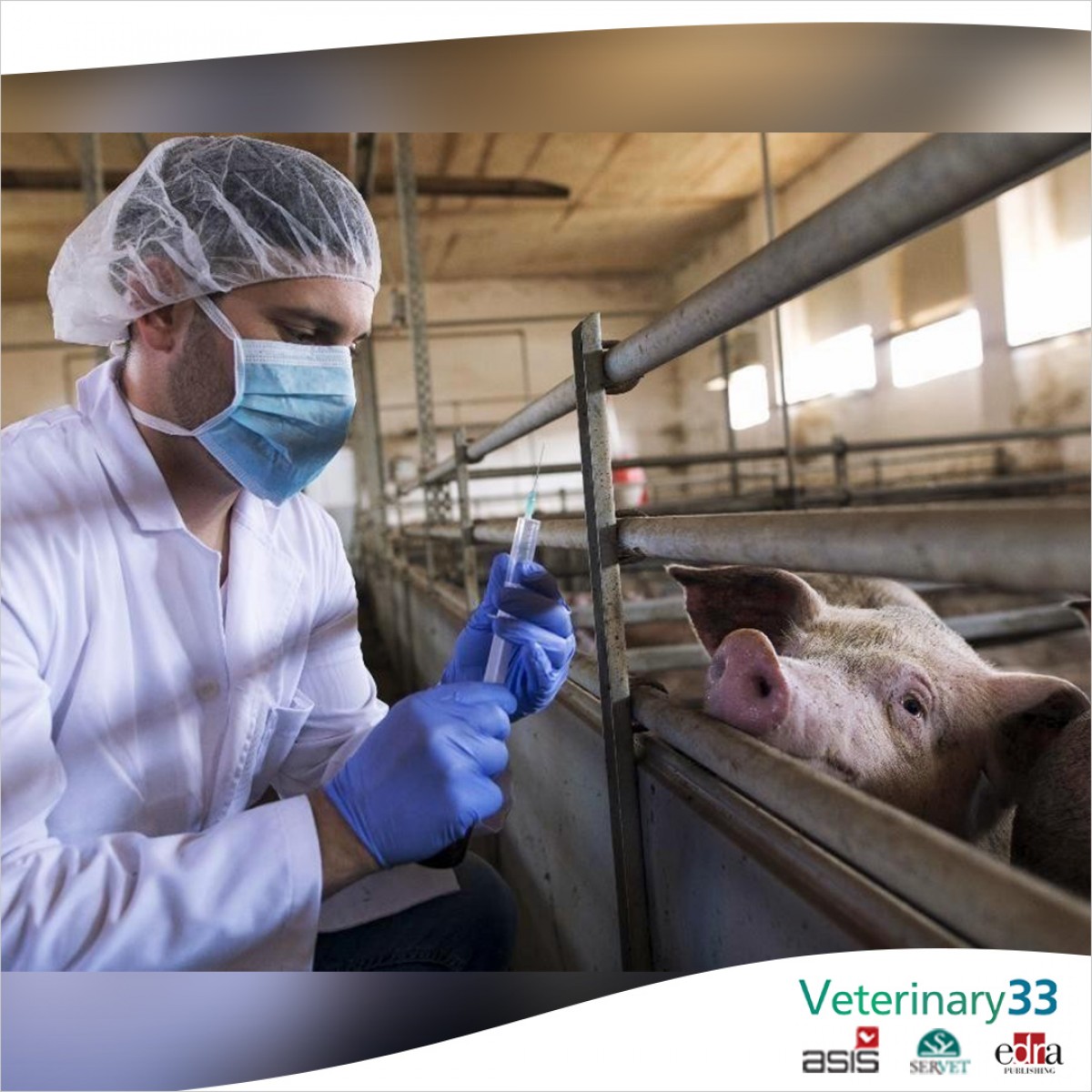

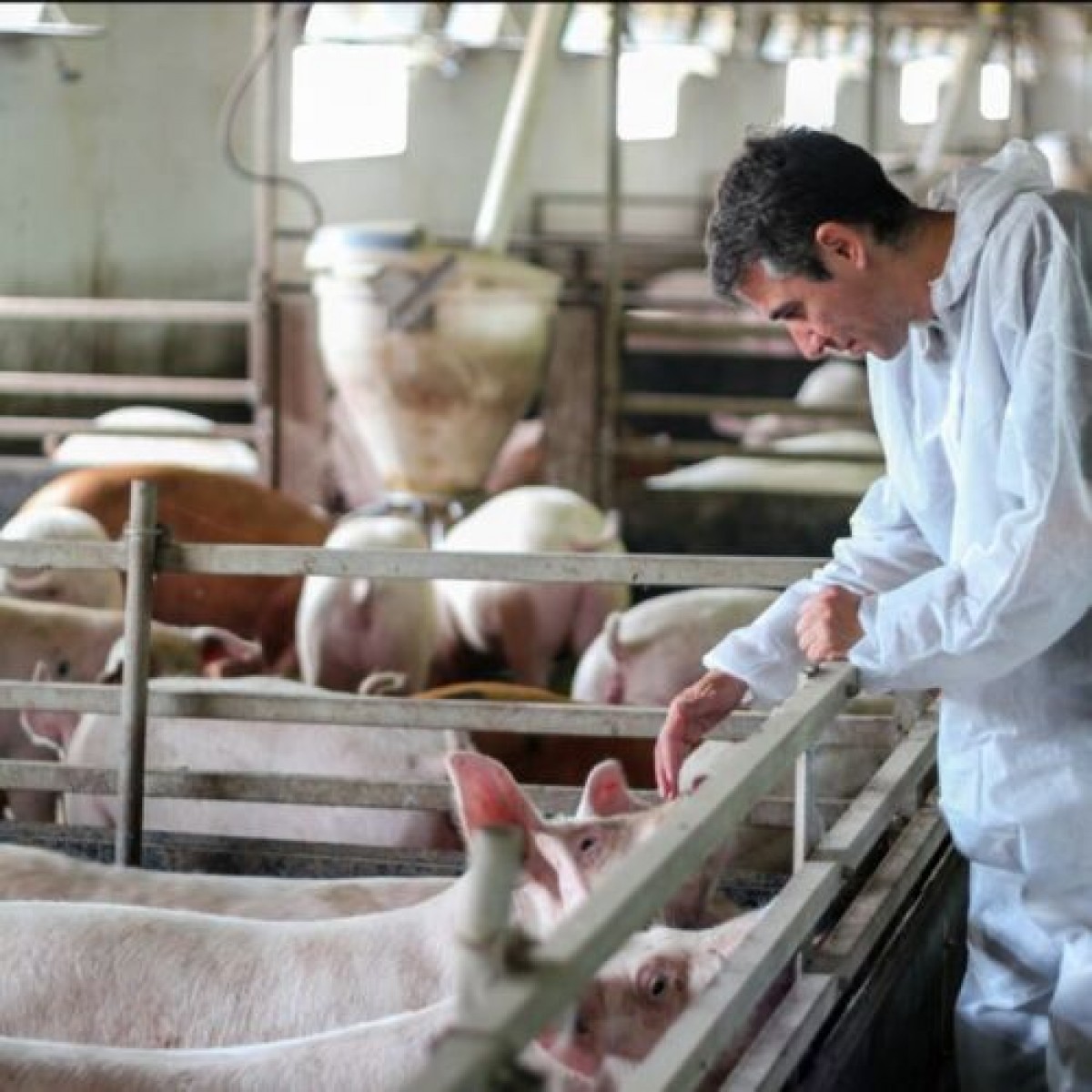
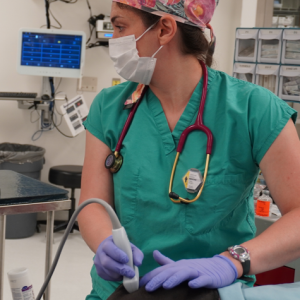
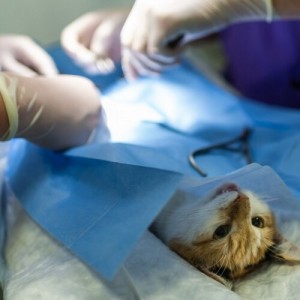
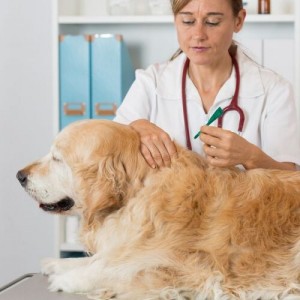


List
Add
Please enter a comment